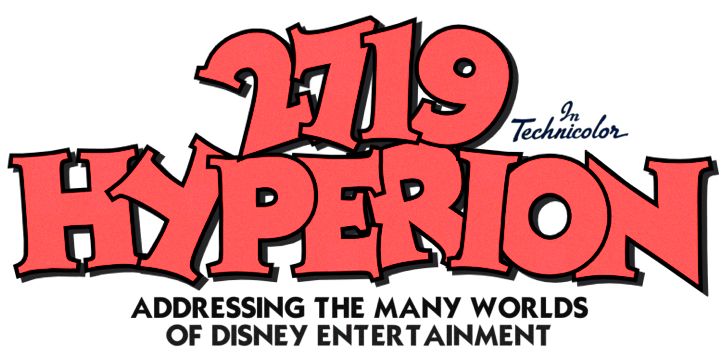He was the result of a gag rooted in Walt Disney's own theory of the plausible impossible. In this case, it is the apparent notion that the mating of Lady and Tramp would produce female cocker spaniel puppies and male mixes, perfect matches to their respective parents. Thus was Scamp born into the Disney canon of characters in the final moments of the 1955 animated feature Lady and the Tramp. Though not identified by name in the film, Scamp's brief screen time was enough to inspire a decades-long career in comics and the starring role in a direct-to-video sequel to Lady and the Tramp, released in 2001.
 The primary creative force behind Scamp was a gentleman named Ward Greene. Walt Disney recruited Greene to work on the stalled "Lady" project that had been in development since the late 1930s. Walt had liked elements of a short story by Greene featuring a character known as Happy Dan, the Cynical Dog, and asked Greene to fashion a story that would build upon the studio's Lady materials. Greene then wrote the story of Lady and the Tramp, that was actually published two years prior to the release of the film.
The primary creative force behind Scamp was a gentleman named Ward Greene. Walt Disney recruited Greene to work on the stalled "Lady" project that had been in development since the late 1930s. Walt had liked elements of a short story by Greene featuring a character known as Happy Dan, the Cynical Dog, and asked Greene to fashion a story that would build upon the studio's Lady materials. Greene then wrote the story of Lady and the Tramp, that was actually published two years prior to the release of the film.Greene was a prolific writer and journalist and was also the general editor of Kings Feature Syndicate which distributed comic strips to newspapers. Less than five months after the release of Lady and the Tramp in theaters, Greene introduced the Scamp comic strip in newspapers across the country. Greene himself wrote the scripts with art by Dick Moores. The series launched on October 31, 1955 and continued for over three decades until being retired in 1988. Greene portrayed Scamp as an adventure seeker and a mischievous foil to his more prim and proper sisters.
The success of the comic strip ultimately led to comic books, beginning with appearances in Dell Four Color Comics in 1956 and 1957. Twelve issues of a regular Scamp series followed. Gold Key brought the title back in 1967 and produced an additional 43 issues through January of 1979.



It has been a while since I watched lady and the tramp. I never picked up on the plausible impossibility of Scamp. Thanks for the interesting read!
ReplyDelete